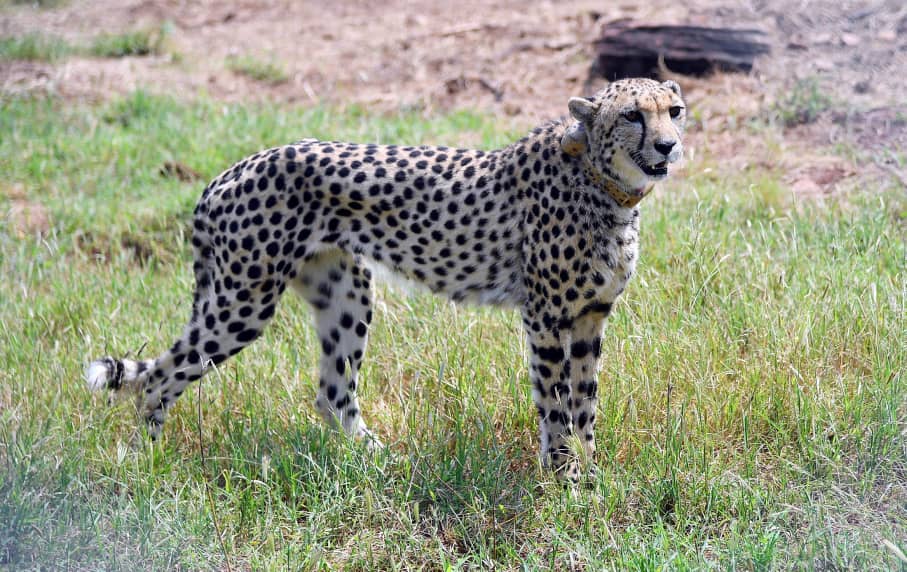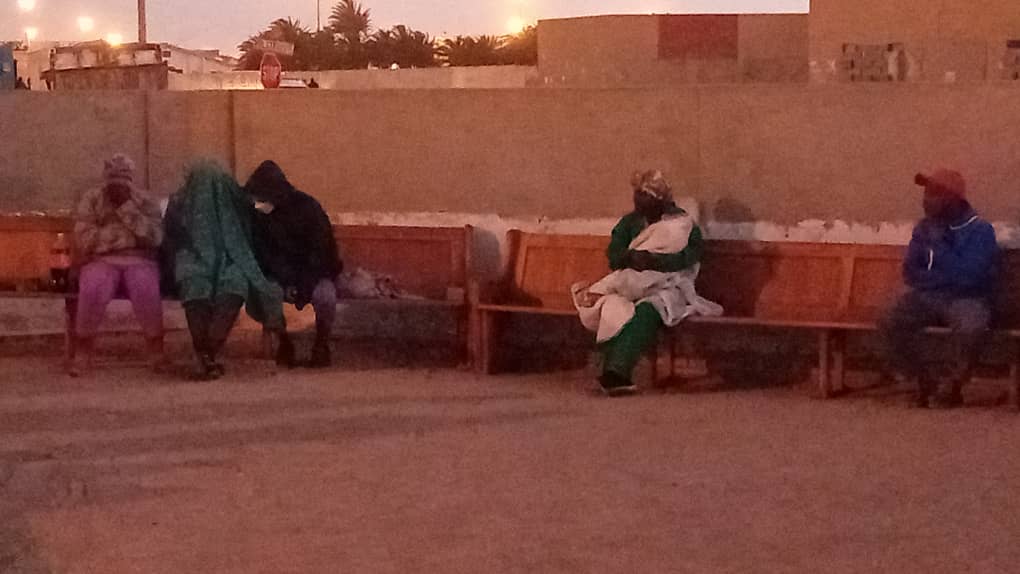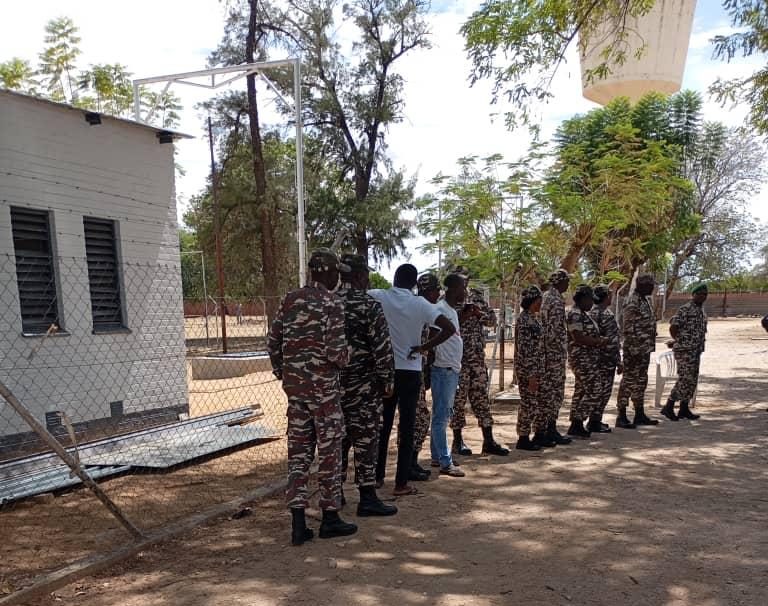Three of four cubs born to a Namibian cheetah translocated to India last year have died during the past week, as a heatwave sent temperatures soaring in the region where the animals are being kept.
The cubs were the first cheetahs to be born in India in more than 70 years.
Once widespread in India, cheetahs became extinct in the country in 1952 due to hunting and habitat loss.
The cubs’ mother is among 20 cheetahs that India flew in from Namibia and South Africa in September last year as part of an ambitious and hotly contested plan to reintroduce the world’s fastest land animal to the south Asian country.
The first cub died on Tuesday, prompting veterinarians in Kuno National Park in Madhya Pradesh state to closely monitor the mother and her three remaining cubs.
The cubs appeared weak on Thursday afternoon – a day when temperatures spiked to 47 degrees Celsius – and authorities intervened to help the cats.
They were “weak, underweight and highly dehydrated” and two of them later died, officials said in a statement on Thursday.
The last surviving cub is being treated in a critical-care facility.
Officials did not say what caused the deaths, but a scorching heatwave in India is believed to have weakened the cubs.
The survival rate of cheetah cubs in the wild and captivity is low, according to experts.
Jasbir Singh Chouhan, a top wildlife official in Madhya Pradesh, said the causes of the cubs’ deaths are multiple.
“They were eight weeks old and underweight as well. The high temperatures, dehydration and exposure to the sun” were some of the causes, he said.
“The fourth cub is stable and under treatment,” he said, adding they are in touch with cheetah experts in Namibia and South Africa.
In March this year, India announced the birth of four cubs to one of the eight cheetahs relocated from Namibia.
The cats were introduced with much fanfare and Indian prime minister Narendra Modi had said the cats would catalyse efforts to conserve India’s neglected grasslands.
But of the 20 adult cheetahs imported to India, three – two females and a male – have died.
While the Indian government is confident the relocation of cheetahs will be successful, many experts have expressed scepticism about the ambitious project to reintroduce the African animals into Indian forests.
Fewer than 7 000 adult cheetahs remain in the wild globally, and they now inhabit less than nine percent of their original range.
Shrinking habitat, due to an increasing human population and climate change, is a huge threat to the species. – Al Jazeera
Stay informed with The Namibian – your source for credible journalism. Get in-depth reporting and opinions for
only N$85 a month. Invest in journalism, invest in democracy –
Subscribe Now!






